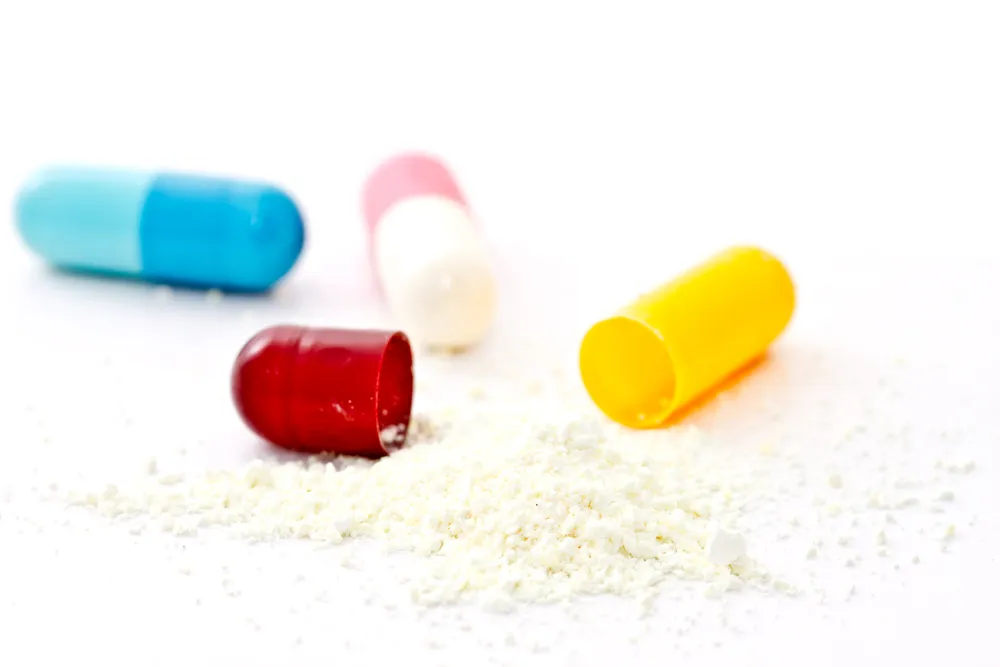
Drug absorption is the process by which a drug is taken into the body and absorbed into the bloodstream, where it can be distributed to its target site of action. This process is crucial for the effective delivery of therapeutic drugs to the body.
There are several ways drugs can be absorbed into the body, including:
- Oral administration: When a drug is taken orally, it is absorbed into the bloodstream through the walls of the small intestine. The rate and extent of absorption depend on factors such as the solubility of the drug, the presence of food in the stomach, and individual differences in gut anatomy.
- Parenteral administration: When a drug is administered via injection (e.g., intravenous, subcutaneous, or intramuscular), it is absorbed directly into the bloodstream without being broken down in the digestive system.
- Topical administration: Topical application of creams, ointments, or patches can allow a drug to be absorbed through the skin or mucous membranes.
- Inhalation: Inhaling a drug through the lungs allows it to be absorbed directly into the bloodstream.
The absorption process involves several steps:
- Adsorption: The drug comes into contact with the mucous membrane or epithelial lining of the gastrointestinal tract, skin, or respiratory tract.
- Diffusion: The drug diffuses through the mucous membrane or epithelial layer into the bloodstream.
- Dissolution: The drug dissolves in the surrounding fluid, such as saliva, gastric acid, or blood plasma.
- Transport: The dissolved drug is carried by blood vessels or lymphatic vessels to its target site of action.
Factors that influence drug absorption include:
- Lipid solubility: Drugs that are more soluble in lipids (fats) are more easily absorbed across cell membranes.
- Molecular size: Larger molecules may be more difficult to absorb due to their inability to cross cell membranes.
- pH: Changes in pH can affect the solubility and absorption of drugs.
- Food and drink: Consuming food or drink can alter the absorption rate and extent of oral medications.
- Individual variations: Genetic differences in enzymes and transport proteins can affect drug absorption.
Understanding drug absorption is essential for developing effective pharmaceutical formulations and dosing regimens, as well as optimizing treatment outcomes for patients. Contact us to learn more about how Pion may assist you in your drug development efforts.

